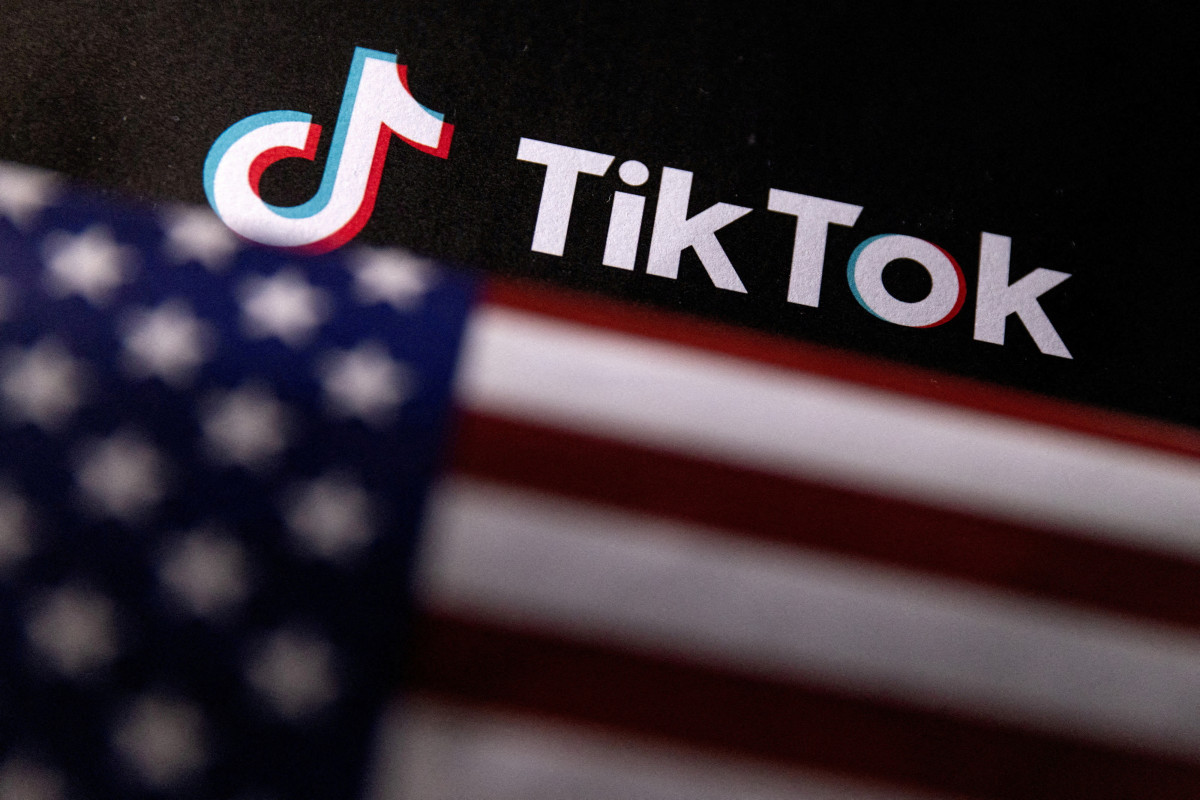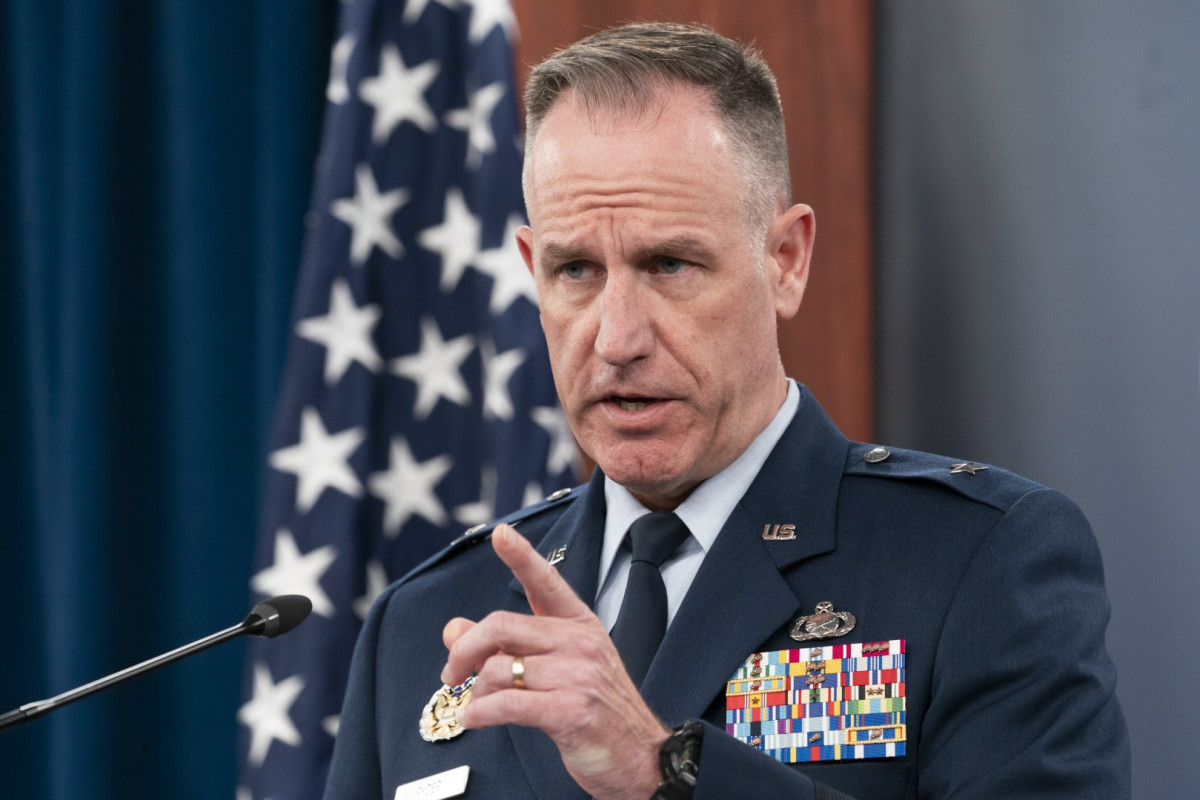U.S. Vice President Kamala Harris on Wednesday again charged China with bullying its Southeast Asian neighbours, the second time in two days she has attacked Beijing during a regional visit, as Washington tries to rally regional partners to take on China's growing economic and military influence, APA reports citing Reuters.
The Chinese foreign ministry shot back on Wednesday and accused the U.S. of meddling in regional affairs and disrupting peace. Earlier in the day, Chinese state media accused Harris of seeking to drive a wedge between China and Southeast Asian nations with comments in Singapore that Beijing used coercion and intimidation to back its unlawful South China Sea claims.
Speaking in Hanoi on Wednesday, Harris said there was a need to mount pressure on China over its maritime claims and offered to support Vietnam in several key areas, including enhancement of maritime security to take on Beijing's increasing assertiveness in the South China Sea.
"We need to find ways to pressure, raise the pressure…on Beijing to abide by the United Nations Convention on the Law of the Sea, and to challenge, its bullying and excessive maritime claims," said Harris during a meeting with Vietnamese President Nguyen Xuan Phuc.
Harris offered Vietnam more visits by U.S. warships and aircraft carriers, vaccines and aid to tackle COVID-19 and announced the launch of several programs to help combat climate change, according to a White House official who did not wish to be named.
Harris's seven-day trip to Singapore and Vietnam is part of a broader U.S. strategy to take on China globally. China, Vietnam, Brunei, Malaysia, the Philippines and Taiwan lay claim to parts of the disputed waters of the South China Sea, which is crossed by vital shipping lanes and contains gas fields and rich fishing grounds.
China has established military outposts on artificial islands in the South China Sea and objects to foreign warships sailing through what it claims is its sovereign waters.
The U.S. Navy regularly conducts "freedom of navigation" operations through the disputed waters, which China objects to, saying they do not help promote peace or stability. In 2016, the Hague-based Permanent Court of Arbitration ruled against China's claim, but Beijing has rejected the ruling.
"While pointing a finger at China and accusing it of 'coercion' and 'intimidation', Harris wilfully ignored her own hypocrisy in attempting to coerce and intimidate regional countries to join Washington in its scheme to contain China," the state run China Daily said in an editorial responding to Harris's comments in Singapore.
Harris's Singapore speech was a baseless attack on China, the editorial said.
"It seems that the United States' only commitment to Southeast Asia is its dedicated efforts to drive a wedge between the Southeast Asian nations and China," it added.
The U.S. administration has called rivalry with China "the biggest geopolitical test" of the century as it cements its pivot towards Asia. Southeast Asia has seen a series of high-profile visits by top administration officials, including Secretary of Defense Lloyd Austin, who visited Hanoi in late July.
Harris's arrival in Hanoi was delayed on Tuesday after the U.S. Embassy in Vietnam said it had detected an "anomalous health incident", potentially related to the mysterious Havana Syndrome.






